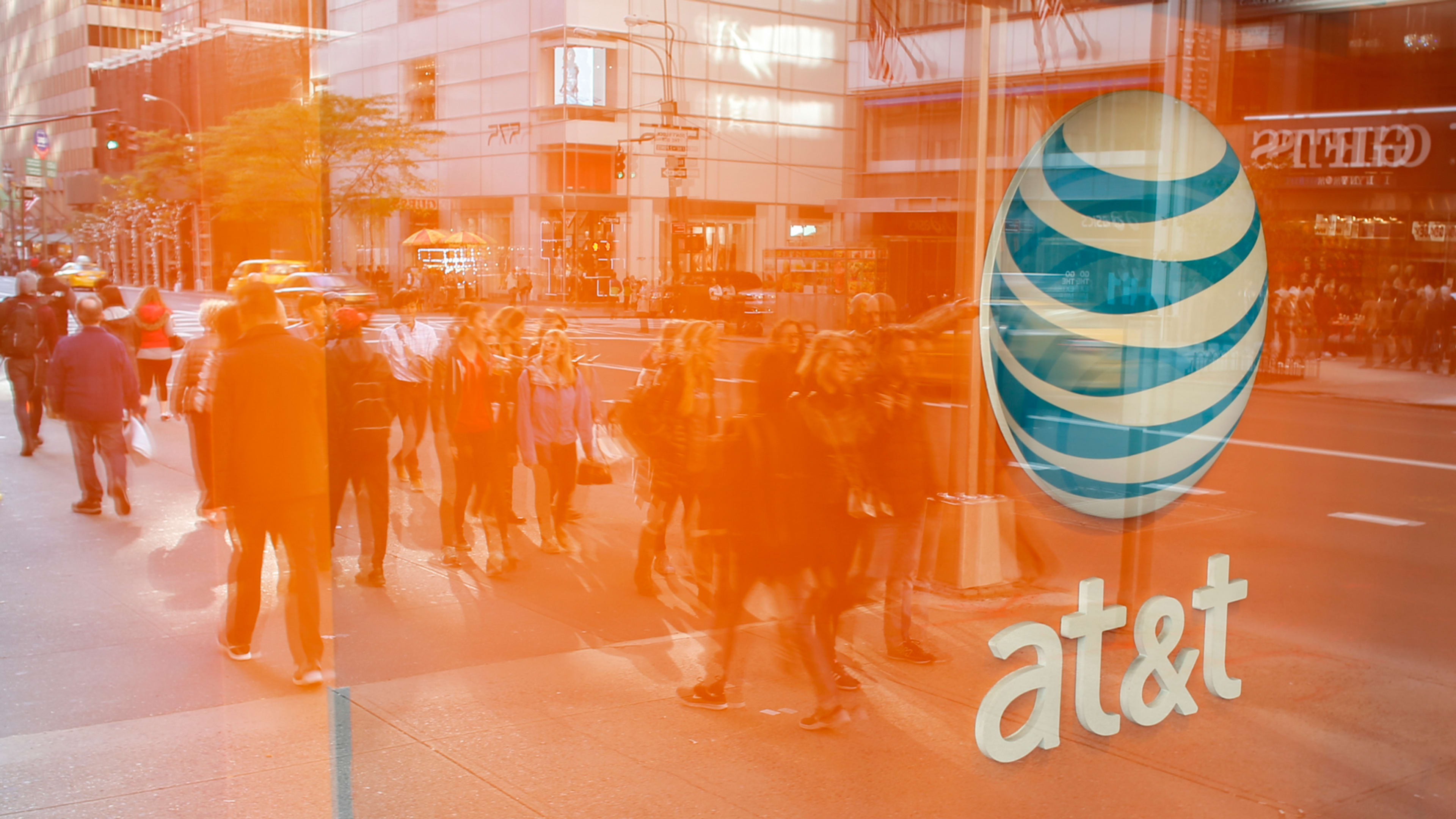First there was Google, snapping up YouTube for $1.65 billion in 2006. Then, in 2015, Verizon spent $4.4 billion on AOL. The next spring, Amazon launched an in-house video service. And now we have AT&T vying to acquire Time Warner, a blockbuster $85 billion merger first announced last fall.
If you’re wondering why a telecom company wants to join forces with a media company, look no further than the deals above, just a small sampling of the power plays that have been reshaping content and distribution over the last decade. Both types of companies have benefited from the increased time that we spend online, watching videos and scrolling feeds. But both are envious of certain strategic advantages that they see in the other.
Telcos, on the one hand, are stuck in a slow-growth category defined by price wars and gargantuan marketing budgets. In content, they see a path to advertising revenue and new kinds of subscriptions.
Media companies, for their part, are frustrated by distribution options that they believe undervalue their assets. Whenever possible, they are opting to go direct-to-consumer—witness Disney’s decision to jettison Netflix and launch its own streaming service, for example.
Social media companies sit between the two, with platforms that have conflated content and distribution from the very start. They have taken that early innovation and run with it, branching into both fiber optic infrastructure and longer-form video.
Which brings us back to AT&T and Time Warner, a media conglomerate that owns networks including CNN, HBO, and TNT. Each sees a chance at safety and salvation in the other, thanks to the influence that their combined forces would be able to exert. But the deal is now in doubt, after The Financial Times reported on Wednesday that regulators may require the sale of CNN as a condition for approval. If true, the demand would suggest that President Trump, a vocal CNN critic, has been exerting influence of his own at the Department of Justice.
Since then, DOJ officials and AT&T CEO Randall Stephenson have disputed the FT‘s story. “There is absolutely no intention that we would ever sell CNN,” Stephenson said at the Dealbook conference this afternoon. He added that he has “no reason to suspect” Trump’s interference in the DOJ process.
Recognize your brand’s excellence by applying to this year’s Brands That Matter Awards before the early-rate deadline, May 3.
